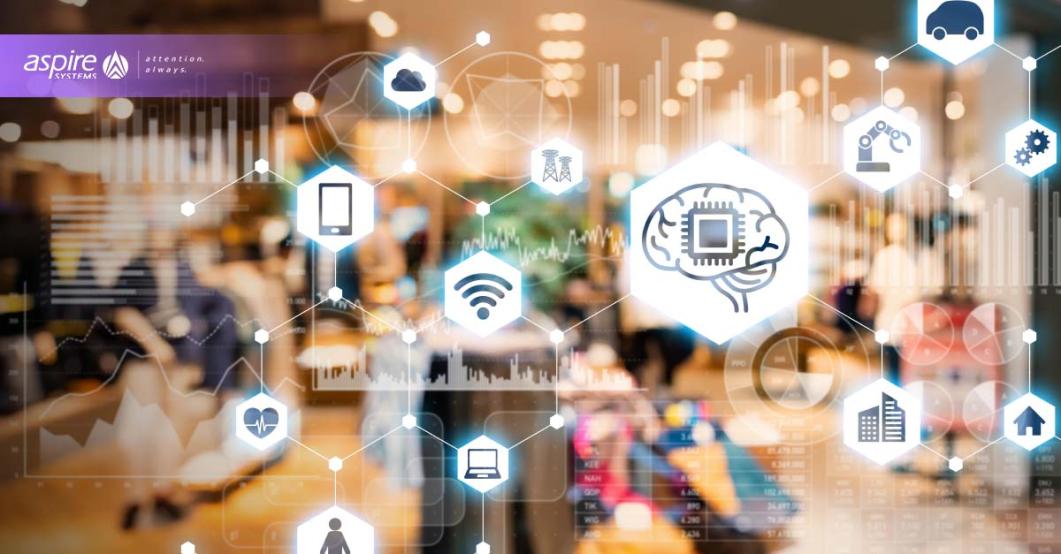What Are the Ethical Considerations of Using AI in a Restaurant?
Artificial Intelligence (AI) is rapidly transforming industries worldwide, and the restaurant sector is no exception. AI-powered systems are increasingly being used to automate tasks, personalize customer experiences, and improve decision-making. While these advancements offer significant potential benefits, they also raise important ethical considerations that must be addressed to ensure the responsible and beneficial implementation of AI in the restaurant industry.

I. Ethical Considerations Of Using AI In Restaurants:
1. Bias And Discrimination:
AI systems are trained on data, and if that data is biased, the AI system will also be biased. This can lead to unfair treatment of customers or employees based on race, gender, socioeconomic status, or other factors. For example, an AI system used for hiring might favor candidates from certain backgrounds over others, or an AI system used for customer service might provide better service to customers who are perceived to be more affluent.
- Strategies to mitigate bias in AI systems include using diverse training data, implementing algorithmic audits, and providing human oversight of AI-powered decision-making.
2. Privacy And Data Security:
AI systems collect and use large amounts of data, including customer data, employee data, and financial data. This data can be used to improve AI systems, but it can also be misused or compromised. For example, customer data might be sold to third parties without their consent, or employee data might be used to monitor their performance in ways that are unfair or intrusive.
- To protect customer and employee data, restaurants should obtain informed consent before using their data, implement strong data security measures, and limit the use of data to purposes that are directly related to the operation of the restaurant.
3. Job Displacement And Automation:

AI is expected to have a significant impact on the job market, and the restaurant industry is no exception. AI-powered systems are already being used to automate tasks that were previously performed by humans, such as taking orders, preparing food, and cleaning tables. This could lead to job displacement and unemployment, particularly for low-skilled workers.
- To mitigate the negative impact of AI on jobs, restaurants should invest in training and upskilling programs to help workers adapt to new technologies. They should also work with policymakers to develop policies that support workers who are displaced by AI.
4. Transparency And Accountability:
AI systems are often complex and opaque, making it difficult for customers and employees to understand how their data is being used. This lack of transparency can lead to mistrust and suspicion. Additionally, there is a need for accountability mechanisms to address potential harms caused by AI systems.
- To promote transparency and accountability, restaurants should provide clear and concise information about how AI systems are used in their operations. They should also establish mechanisms for customers and employees to report concerns about AI systems and to seek redress for any harms they may have suffered.
II. Conclusion:

The use of AI in restaurants has the potential to bring significant benefits, but it also raises important ethical considerations that must be addressed. By addressing these concerns, restaurants can ensure that AI is used responsibly and ethically, and that it benefits all stakeholders, including customers, employees, and the community as a whole.
Policymakers, restaurant owners, and AI developers have a shared responsibility to promote ethical AI practices in the restaurant sector. This can be achieved through a combination of regulation, industry standards, and public education. By working together, we can ensure that AI is used to create a more just, equitable, and sustainable restaurant industry.
YesNo

Leave a Reply